What is this weed??
sorie6 zone 6b
10 years ago
Related Stories

EDIBLE GARDENSNatural Ways to Get Rid of Weeds in Your Garden
Use these techniques to help prevent the spread of weeds and to learn about your soil
Full Story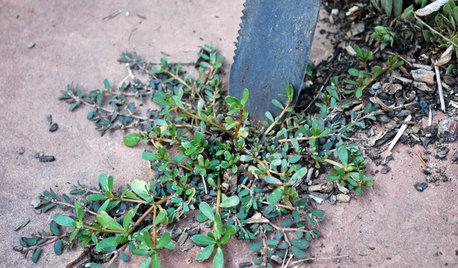
GARDENING GUIDES5 Ways to Naturally Win the Weed War
Show irksome weeds no mercy with these tricks for combating them sans chemicals
Full Story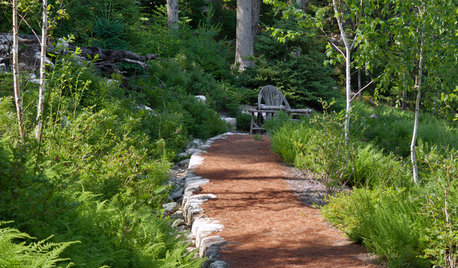
GARDENING GUIDES5 Things to Know About Weeding and Mulching Your Native Garden
What’s the best time to pull weeds? How thick should the mulch be? Here’s the scoop for a healthy landscape
Full Story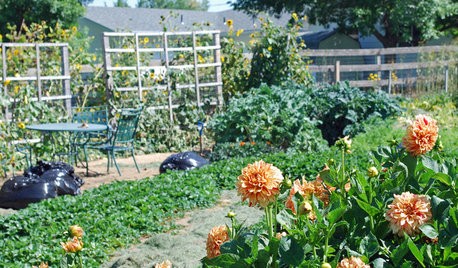
GARDENING GUIDESTackle Weeds the Natural Way
Instead of dousing your yard with chemicals to wipe out weeds, let time and nature work their magic via smothering and solarization
Full Story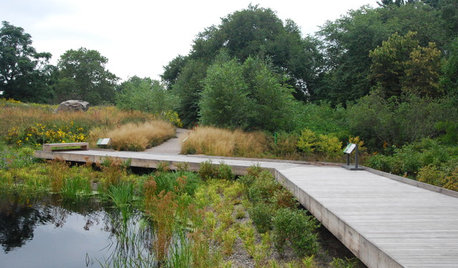
GARDENING GUIDESLet's Weed Out 4 Native Plant Myths
Plant wisely for a garden that supports pollinators and requires less work
Full Story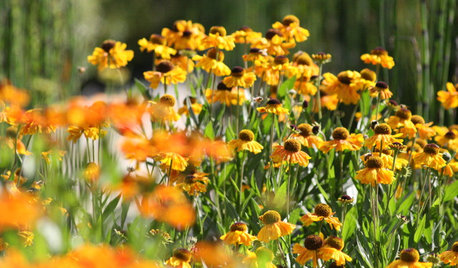
GARDENING GUIDESWhat’s in a Name? See 6 Wildflowers That Aren’t ‘Weeds’ at All
Dispel the stereotypes of weeds and try these wildlife-supporting native wildflowers in your garden
Full Story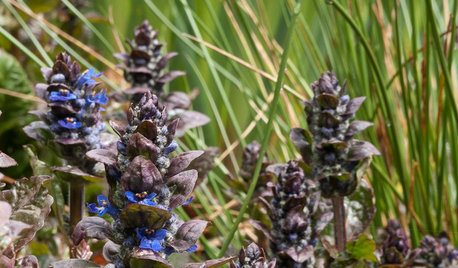
GARDENING GUIDESGreat Design Plant: Bugle Weed, a Quick Ground Cover
It’s highly adaptable, suppresses weeds, reduces erosion and provide weeks of bright flowers. Just watch for invasiveness
Full Story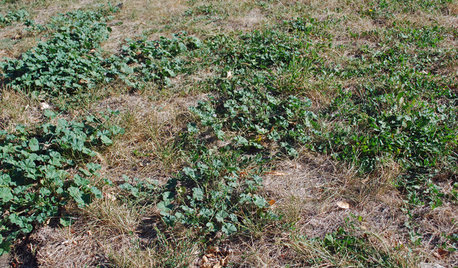
GARDENING GUIDESWeed War: When and How to Use Chemical Herbicides
Before you spray, arm yourself with knowledge about which weed killers — natural or synthetic — are right for your yard
Full Story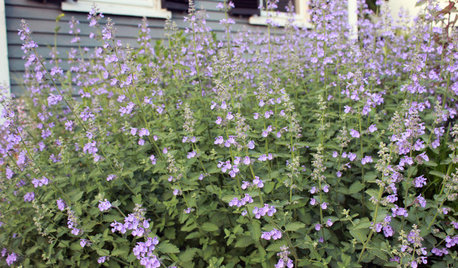
GARDENING GUIDES5 Weed-Smothering Ground Covers
Let these landscape plants do the dirty work of choking out weeds while you sit back and enjoy the view
Full Story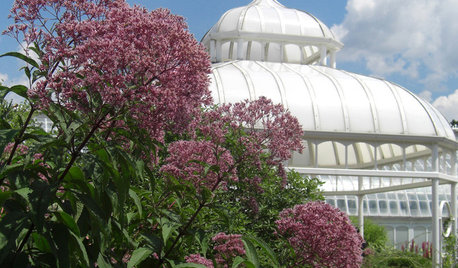
FLOWERSGreat Design Plant: Joe Pye Weed
This unsung beauty tolerates wet soil, provides beautiful late summer blooms and attracts butterflies and hummingbirds
Full StorySponsored
More Discussions






sorie6 zone 6bOriginal Author
MiaOKC
Related Professionals
New Bedford Landscape Architects & Landscape Designers · Fort Lee Landscape Architects & Landscape Designers · East Haven Landscape Contractors · Inglewood Landscape Contractors · Las Vegas Landscape Contractors · Longview Landscape Contractors · New Brighton Landscape Contractors · Old Saybrook Landscape Contractors · Royal Oak Landscape Contractors · Shirley Landscape Contractors · West Haverstraw Landscape Contractors · New Albany Decks, Patios & Outdoor Enclosures · Norman Decks, Patios & Outdoor Enclosures · Verona Decks, Patios & Outdoor Enclosures · Wheaton Decks, Patios & Outdoor EnclosuresOkiedawn OK Zone 7
helenh
soonergrandmom
MiaOKC
helenh
farmgardener
GreatPlains1
soonergrandmom
sorie6 zone 6bOriginal Author
soonergrandmom
GreatPlains1
sorie6 zone 6bOriginal Author
helenh
slowpoke_gardener
MiaOKC
GreatPlains1
helenh
Okiedawn OK Zone 7
sorie6 zone 6bOriginal Author
GreatPlains1
chickencoupe